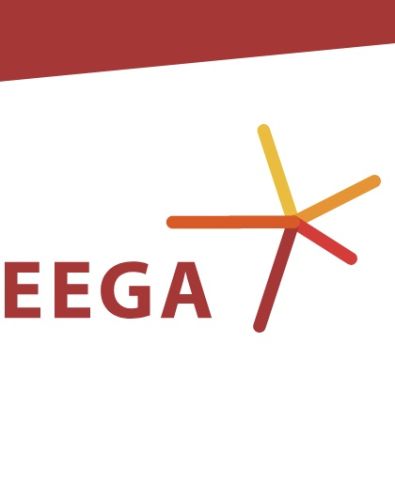
Referent: Natalia Martini
Organized by: Melanie Mienert, EEGA Colloquium
Please register via Zoom
Within the framework of the EEGA colloquium EEGA fellow Natalia Martini is going to present her research on “Daily Im/Mobilities of Homeless Urbanites in Poland. Methodological Remarks”.
Homeless urban lives are characterized by spatial fluidity. Their spatial patterns are significantly shaped by geographies of inclusion/exclusion – service provision, resource acquisition, policing, expulsion. Homeless geographies reflect the ways in which marginalized urbanites navigate urban environment. How they deploy spatial knowledge and practical skill to maneuver through various social boundaries and material barriers in order to endure in the city. More generally, daily im/mobilities of homeless urbanites illuminate the way in which social and material orderings of urban spaces enable or constrain (non)belonging in the city.
In this presentation, I will discuss a hybrid approach to mapping experiential, temporal, and spatial dimensions of daily im/mobilities, developed in the Homeless City research project (2017-2021, Jagiellonian University in Krakow). Between March 2018 and June 2019, I accompanied 36 homeless persons along their habitual paths in two Polish cities, Kraków and Łódź. To be able to map the routes they take, the pauses they make, and the practices they perform in different locations, I have accompanied my informants equipped with an audio recorder and a GPS device. I have combined audio recording of the course of the walk-alongs with GPS tracking of their spatial trajectories by using spatial transcript technique. I have used the abovementioned techniques to produce hybrid maps of Kraków and Łódź as they emerge from the patterns of daily im/mobilities of homeless dwellers.
Please register via Zoom
